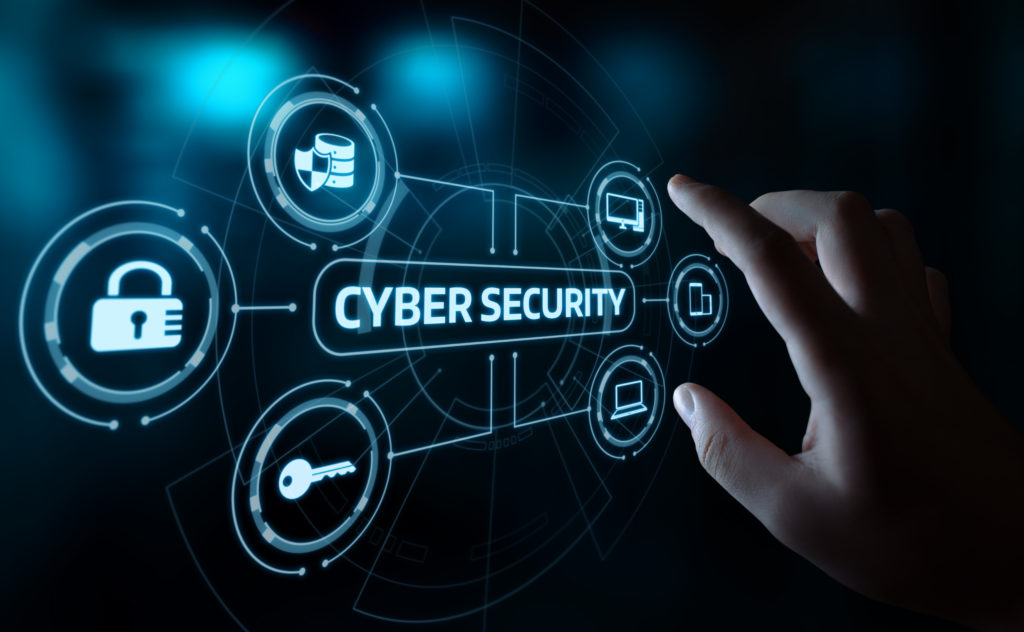Are you a remote worker? Or maybe, you are a company with remote workers? In this case, it is obvious to be worried about cybersecurity. In this blog, we are going to list the most important cybersecurity tips for remote employees.
Let us check them out one by one:

1. Use a Strong Password
Use a difficult and strong password for all your accounts. No one should be able to guess your password easily. Avoid easy and common passwords like 12345, maiden name, birthdate, etc. A remote worker who uses easy to guess passwords is making things easy for hackers. They simply need your email ID, and then, they test the most common passwords to attack you online.
So, make sure you choose strong passwords for all your accounts. Now, you might wonder how to remember all the passwords. Don’t worry! In this case, you can use a reliable password manager that not only secures your credentials but also helps you log in quickly to all your accounts.
2. The SLAM Method for Email Security
Suspicious emails have always caused huge losses to even the smartest and most secure organizations. Such bad emails are disguised as legitimate communication. Sometimes, hackers even use companies’ official logos and signatures to mislead recipients.
So, it is important to learn to differentiate between fake and genuine emails. One way to do so is to use the SLAM method. SLAM stands for:
S – Sending: Carefully recognize the sender and check for errors.
L – Links: Hover over any links included in the email and see if it redirects you to the website you recognize.
A – Attachments: Make sure you always scan suspicious attachments to ensure that these are safe files not harmful.
M – Messages: It is often difficult to spot a spear phishing or whaling email because these are personalized to recipients. One sign of such emails is that these often contain errors such as weird phrases and spelling mistakes.
3. Keep Your Software Updated
The web is flooded with new cyber threats. Hackers and fraudsters keep experimenting with new tricks to obtain your personal sensitive information. So, it is important to keep your operating systems and software programs updated to stay secure against cyberattacks.
For example, if an attacker releases a malware, your security software programs will quickly identify them and find a way to block them. So, make sure you update your systems and software regularly to implement the latest protection levels. But if you ignore these updates, you will miss out on the latest essential security software and put yourself at risk.
4. Use Multi-Factor Authentication
Scam artists are able to manipulate you into sharing your credentials with them. But if you are using multi-factor authentication, then it becomes difficult for them to access your account. When you use multi-factor authentication, you set up an account to verify your identity with a mobile device.
In this system, you send a one-time password (OTP) to the verification device, which you enter after login details. If you unexpectedly receive an OTP to the verified or registered device, it means a fraudster is trying to access your account by using your password. In such cases, make sure you never share your codes with anyone. In some scenarios, hackers pretend to be authorities and request the OTP they have allegedly sent to your verified device.
4. Use a Trusted VPN
Remote workers connect to a company using a Wi-Fi connection at home, a coffee shop, or a coworking space. These public networks remain out of control for companies, which puts the company’s sensitive information at risk of cyber threats. Cyber attackers keep an eye on the internet traffic moving on public networks. It is easy for them to intercept this data, steal it, tamper with it, and misuse it.
So, we recommend using virtual private networks (VPN) to gain security and anonymity in such cases. A trusted VPN encrypts the data that transfers between the remote worker’s device and the target system. This conceals the web traffic from the eyes of cybercriminals and keeps it from malicious use. This ultimately results in secure data transfers between companies and remote workers.
Other Cybersecurity Tips for Remote Workers
- Use only devices and software systems approved by your company. Avoid using personal tablets, computers, and mobile phones to work.
- Keep your router’s software updated to the most current updates for security and efficiency.
- Keep your login details secure, and never share them with anyone unless necessary.
- If you feel so, contact your company’s IT support team for assistance.
If you sense any problem with your system or software or anything related to your work, it is good to talk to the best IT technician for immediate assistance. They should be able to sort the issue quickly and efficiently.

